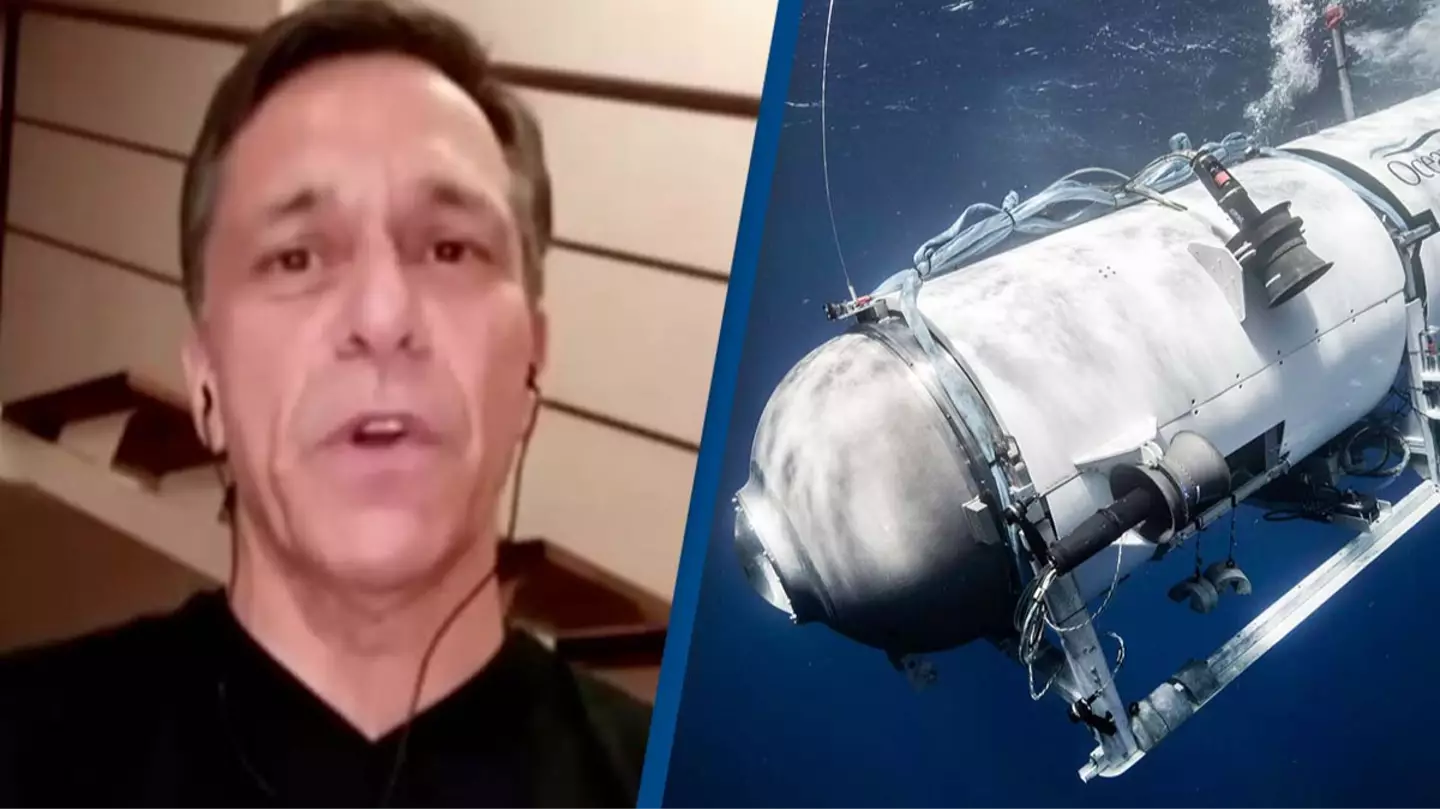An OceanGate co-founder has made a bold claim that humans could “safely” inhabit Venus, despite widespread skepticism from experts about the feasibility of surviving on such a hostile planet. Guillermo Söhnlein, 58, who launched OceanGate with the late Stockton Rush in 2009, is still pushing the boundaries of human exploration. Tragically, Rush passed away along with Paul-Henri Nargeolet, Hamish Harding, Shahzada Dawood, and Sulaiman Dawood during a devastating accident aboard the OceanGate submersible while exploring the Titanic wreck last year.
Despite the tragic incident, Söhnlein has pivoted towards even loftier ambitions. In a blog post dated April of this year, the Argentinian entrepreneur detailed his vision for colonizing Venus, describing methods to counteract the harsh conditions found there. He suggested that “breathing apparatus and acid-resistant materials” could allow humans to adapt to the planet’s extreme atmosphere.
He also addressed concerns about Venus’ scorching surface temperatures, which reach around 864 degrees Fahrenheit. Söhnlein pointed out that building habitats and structures at approximately 50km above the planet’s surface could be viable, echoing expert opinions that conditions at that altitude are somewhat comparable to Earth’s, according to The Independent.
“We could embark on our Venusian journey TODAY… and do it safely and cost-effectively,” Söhnlein confidently stated in his April blog post. He emphasized the advantages Venus has over Mars, noting its proximity and similarity to Earth which could potentially lower mission costs and increase safety.

In his argument, Söhnlein also speculated that NASA might prioritize Venus over Mars for human missions, noting the technical challenges of landing on Mars compared to the relatively straightforward approach to entering Venus’ atmosphere. “Also, we don’t have to worry about conducting successful landings on the planet’s surface, which is one of the biggest challenges awaiting us on Mars,” he explained. He suggested that a mission to Venus might be an effective preliminary step before tackling the complexities of Mars colonization.
After departing from OceanGate in 2013, Söhnlein co-founded the Humans2Venus Foundation in 2020. This nonprofit is committed to advocating for Venus as a viable long-term settlement option for humanity. Discussing his lifelong passion for space and planetary exploration, Söhnlein shared with Business Insider last year, “I think I’ve been driven to help make humanity a multi-planet species since I was 11 years old. I had this recurring dream of being the commander of the first Martian colony.”
Looking ahead, Söhnlein is optimistic about the potential for human habitation on Venus, suggesting that by 2050, as many as 1,000 people could be living within the planet’s upper cloud layers. “It is aspirational, but I think it’s also very doable,” he remarked.

